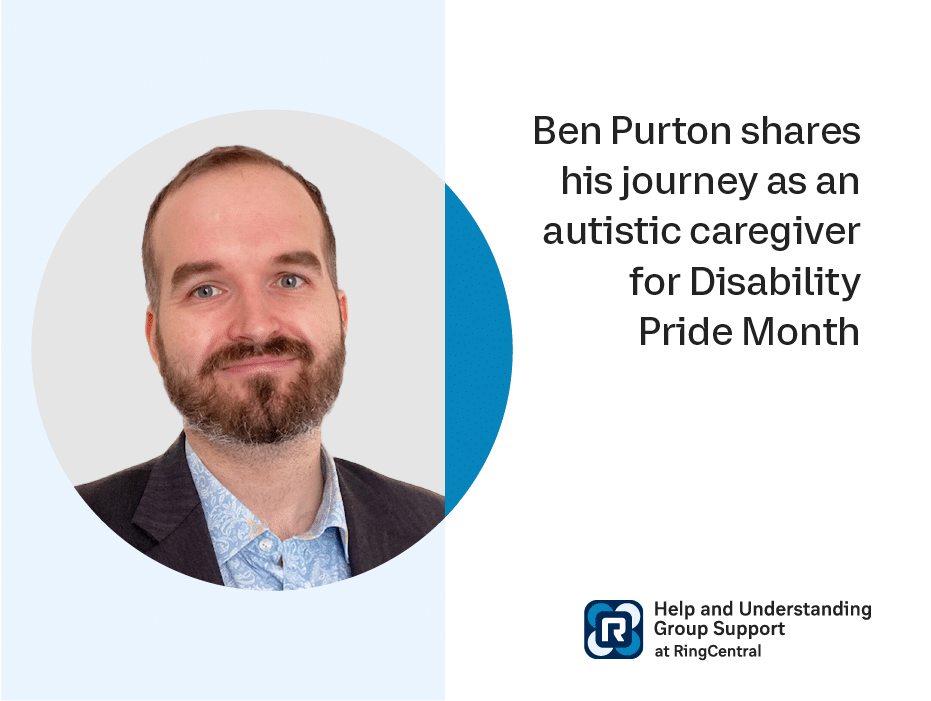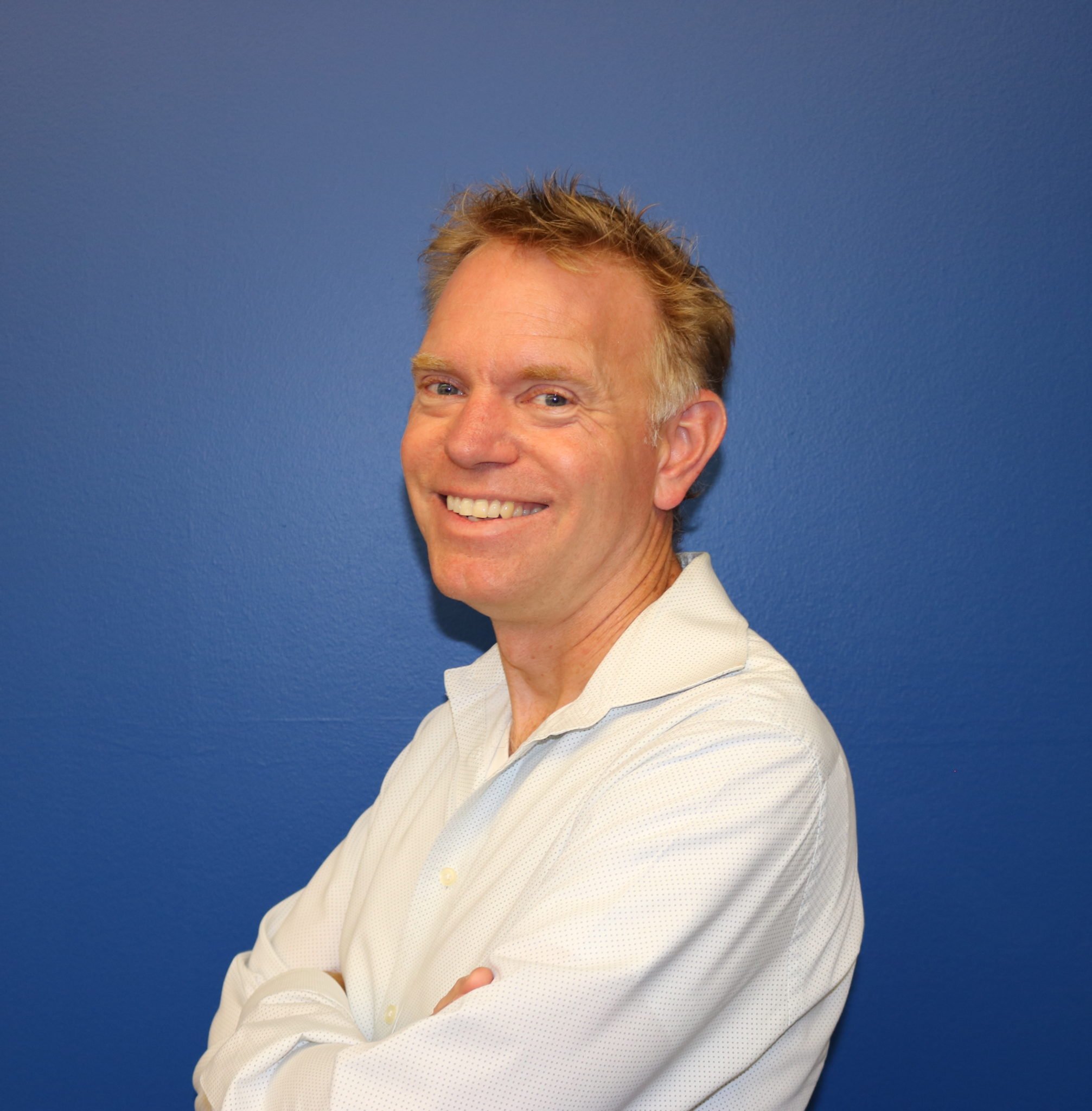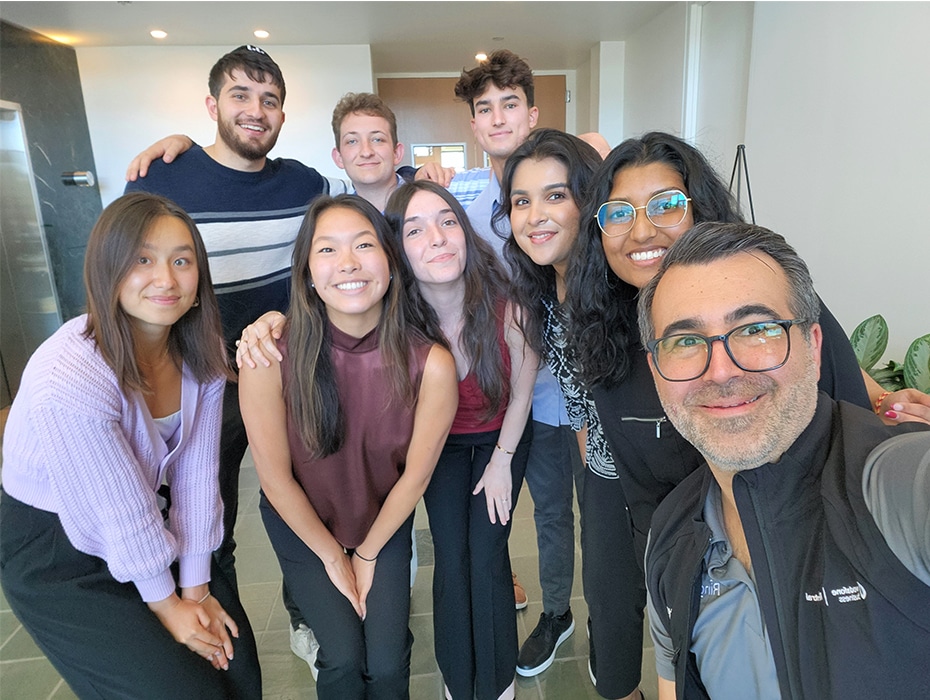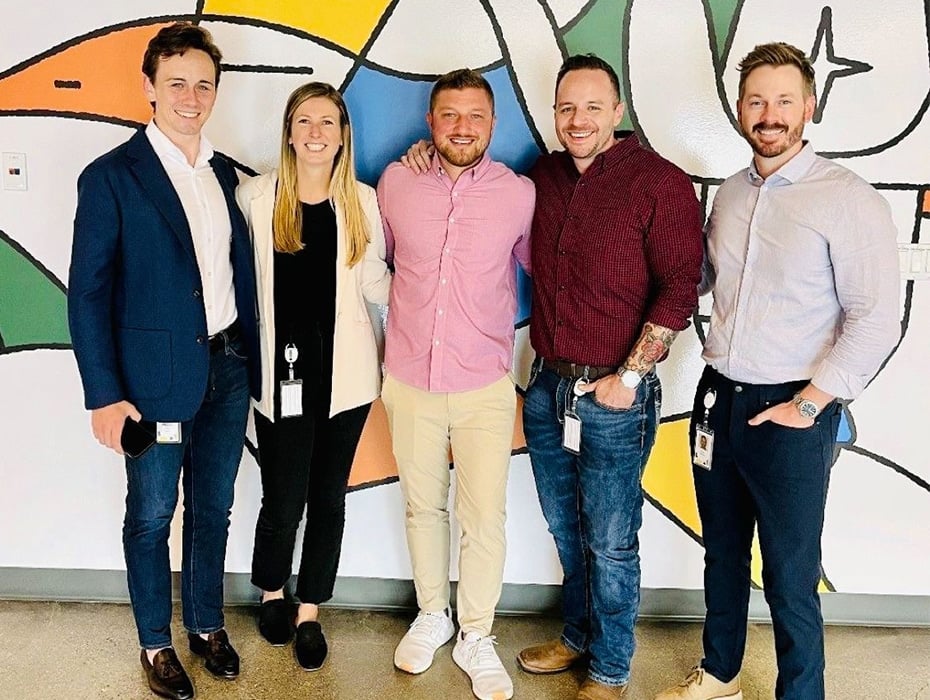Highlights:
- July is Disability Pride Month
- In honor of Disability Pride Month, we sat down with RingCentral’s Director of Sales Enablement Ben Purton to hear about the challenges and gifts of living with Autism Spectrum Disorder (ASD) both personally and as a parent.
Disability Pride Month is a time to celebrate the unique experiences, strengths, and achievements of people with disabilities while raising a greater understanding of some of their challenges. We recently spoke with Director of Sales Enablement Ben Purton to hear about his experience living with Autism Spectrum Disorder (ASD) and as a caregiver for children with disabilities.
Early days with autism
Ben’s teachers noticed early on that he was exceptional at math; by age 5 or 6, they knew he was different. Ben says he was always a very quirky kid and was not treated kindly by his grade school peers. Soon he was moved to a special private school that provided one-on-one daily sessions with a teacher who was better trained to meet his unique needs. He continued to excel at math, performing four or five years ahead of his class, and was offered multiple scholarships including one at Eton College, (the prestigious school attended by Princes Harry and William).
Communication challenges and growth
Unfortunately, the scholarships did not cover the complete costs so he attended the Naval Academy instead, leaving after only a short time to attend state school. During that time Ben still had some challenges communicating with peers. Working with a specialist for many years helped him improve his communication skills. Ben told us that in his teens he never would have imagined being where he is today: a sales director at an international telecommunications company, able to speak on stage in front of a crowd of people.
Natural authenticity.
Recently Ben was featured on the Sales Transformation Podcast. He shared a story about his first sales job at 16 or 17 where he was selling electricity and phone services door-to-door. Having Autism Spectrum Disorder meant he struggled to lie or even stretch the truth, so his pitch was refreshingly honest and sincere. He surprised one couple by telling them they already had the best deal. Since his pitch was so straightforward and authentic, they referred friends and Ben landed about 40 new customers.
That taught me the value of being authentic, something I always train my RingCentral salespeople to do.
Underrepresentation in the global workforce.
Ben wants more employers to hire people with ASD. “If you look at diversity and inclusion figures, we are still a hugely underrepresented group with double-digit unemployment.” Ben emphasizes it’s important for companies to focus on what people with ASD do have, not what they don’t. He explains although it is common for people with ASD to have difficulty communicating, often they are extremely gifted in one or two specific areas and this is what companies can benefit from. A recent Forbes article asserts that neurodiversity in the workplace is an asset. Ben agrees, “If you educate yourself and you utilize what they do have, not what they do not have, then you would get a highly dedicated worker sometimes with I.Q.s greater than Einstein’s. I am pretty sure most companies would like to have that.”
Being a caregiver.
Outside of RingCentral, Ben is a caregiver along with his wife Aga for their two children. Their daughter is neurodiverse and their son has a myriad of disabilities: including cerebral palsy, epilepsy, blindness, and more. Caring for his children sometimes includes trips to the ER in the middle of the night for seizures and other difficulties, this is the unseen work of many caregivers. “I think the biggest achievement would always be that they have done amazingly well, whether it is my daughter getting into a great university like the London School of Economics, or my son just being able to drink a cup on his own. I think they are the best things in my life to be fair.”
Get help.
Finding support and understanding for the challenges and complexities of life as a caregiver has helped Ben and his wife through difficult times. Ben’s biggest piece of advice for caregivers is to get help, do not suffer alone. At RingCentral, the Help and Understanding Group Support (HUGS) Employee Resource Group serves as a platform for our disabled and neurodivergent employees, as well as their caregivers and allies, to come together, share experiences, and support one another. Ben says what motivates his deep involvement with the HUGS community is having like-minded people to share advice and information with, and that is absolutely vital.
Raising awareness.
Other organizations like Guide Dogs For The Blind have also been a huge help to Ben and his family. “They are an amazing community and they bring loads of blind children together. We only found out about that because of groups and school information.” The more information is shared, the better, whether through communities at work or in other disability communities.
Accommodations
We asked Ben what companies can do to better accommodate employees with disabilities. For neurodiverse employees, a quiet, softly-lit work environment is beneficial. Rooms that are too bright or noisy can cause sensory overload, so creating a serene environment is a great place to start. Blue light blockers and noise-canceling headsets are often useful. Ben also suggested limiting the number of back-to-back video meetings. For him, looking into a camera requires a lot of concentration, so reducing the amount of time in front of a video screen and working breaks into his schedule helps.
More about Autism Spectrum Disorder
Autism Spectrum Disorder (ASD) is a neurodevelopmental disorder that causes differences in the brain. According to the Centers for Disease Control and Prevention (CDC), over 5.4 million adults in the United States have ASD, more than 2% of the population. The symptoms of ASD exist on a spectrum, meaning the severity of symptoms varies widely.
ASD in working adults may include:
- Difficulty interpreting what others are thinking and feeling
- Challenges regulating emotions
- Highly specific interests
- Repetitive and routine behaviors
- Challenges following and keeping conversations moving
- Maintaining eye contact and neurotypical facial expressions
Keep in mind that this list does not include all symptoms of ASD, and symptoms can present differently from individual to individual. Employers should be conscious that neurodivergence isn’t always obvious and employees should be seen as unique individuals.
Some well-known public figures who’ve acknowledged having ASD include environmental activist Greta Thunberg, actors Dan Akroyd and Anthony Hopkins, and British architectural artist Stephen Wiltshire.
Originally published Jul 25, 2023





